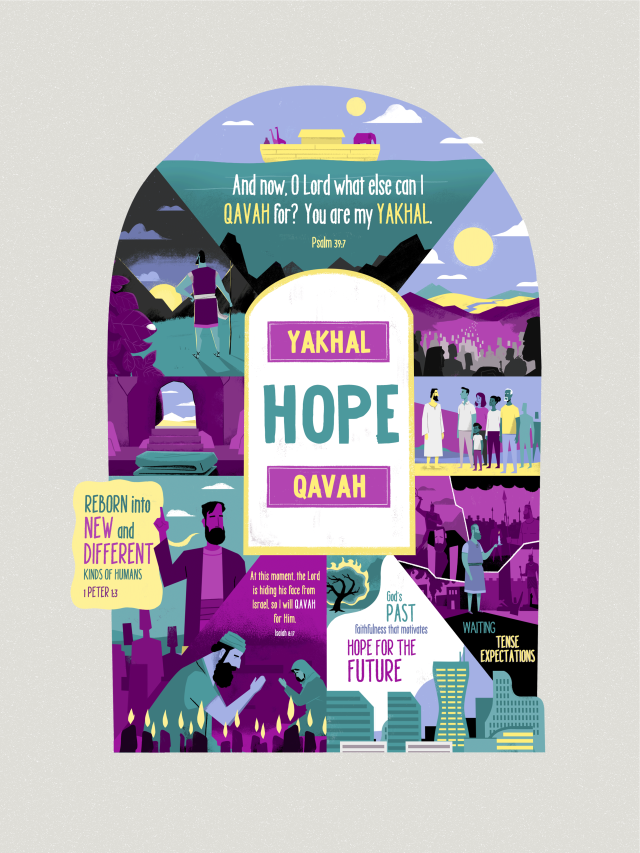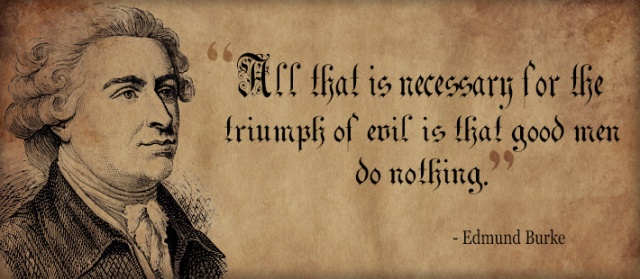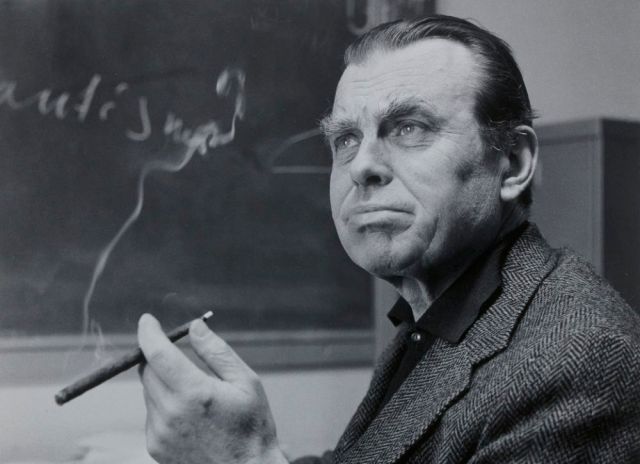Postscript: See my newer post True Lew for nu-ance. Even if cultural marxism is not dogmatically ‘marxist’, it is an offshoot- like a reformed church splitting from the Catholic Church for example. See Paul Gottfried on this relationship. Moreover, there is a danger of committing the no true scotsman fallacy with claims that this is not ‘real marxism’.
Time on from a false prophet
So, I think I’m getting more why I go on about ‘race’ so much, as much as it seems dreadfully pedantic and unChristian to me. It’s the cultural marxist religion behind it. A religion which creates the terms in which we think, and which runs against Christian Truth- it’s the same with so-called feminism and other isms, which divide people in ways that Christ and The Spirit do not. Also, at another level, being a Catholic from northern Ireland, I sympathise with people like Larry Elder or Thomas Sowell, who are deeply submerged in leftist religiosity from birth and expected to toe the line with heretical orthodoxy. The new religion is replete with malevolent ahistorical binaries- oppressor and oppressed… we know too well about this in northern Ireland. We also know of ‘systemic’ discrimination based on certain characteristics. Only in our country the descriptors are Catholic and Protestant or Unionist and Nationalist, Republican or Loyalist.
However, that does not mean that we should swallow the poisons of false faith and bandish the Christian virtue of discernment.
Indeed, the religion of marxism has penetrated deep into our hearts and minds since the time of its founder and especially his sacred secular scripture: The Communist Manifesto, with his dogmas and doctrines dictating often how we think and feel, view the world and listen to others.
Yet, few of us are aware of this. Sure, we may know of the theory at an ostensible level and make broad statements about communism being ”nice in theory” whilst suggesting that ”it just doen’t work in practice”, but this is merely trite and doesn’t grapple with the multi-storied involvement of cultural and political marxism in our world today.
Yes, many intellectuals and supposedly radical students flagrantly spew Marxist terminology without care or due discernmment; we all know of this and the card carrying types, but these very visible manifestations are only relatively surface level…
More than ‘whatabout-ism’ is needed.*
Actually, it’s not even nice ‘in theory’ and that attitude treats marxism as something from the past in a manner that misses reality. Christopher Lasch dealt with the same problem vis a vis ‘Progress’, itself a central Marxist belief.* Alas this is a naive delusion.
This political religion, which makes claims about everything and acts in the world through it’s believers, is affecting us very practically in how we define and feel about people, value, alienation and more besides. Even the idea of ‘capitalism’ itself, as currently seen, flows from marxist dogma and the problems of the world within this context serve as ‘proof’ of the ‘truth’ of Marx.* So the story goes…
Liberal ‘Christianity’ in places like the USA is more doctrinally marxist or marxian than it is Biblical and views people and things more in those terms than traditional Christian ones- mistaking it for The Gospel. This is particularly clear with the ‘identity politics’ of many Episcopalians but is much more embedded and perniciously submerged than headline-grabbers like the neo-pagan goddess worship of Beyonce and ‘Mass’ in her honour.
The worrying thing is the more subconsious mass of beliefs underneath and habits of formation. James KA Smith says correctly that ”We are what we love”. In relation to this, it must be understood by Christians that different denominations and offshoots of marxism form our hearts and minds liturgically, claiming our whole Nephesh. Unfortunately Smith doesn’t grapple with this in his work- going after the crudely-drawn targets that marxist religionists themselves go after- and that is a great shame.
Clearly, we survive not just on the fumes of Christian Revelation, as Douglas Murray perceptively points out, but smother silently on those twisted heretical marxist perversions; which digress from the Ancient Faith, calamatiously corrupting Christian Truth.
All of this takes a conscious effort to resist, and Christians need to be especially careful, lest they follow the path of corrupting Christianity as Ivan Illich powerfully portrayed it.*
Marxism, in various forms, is an anti-Christ masquerading today in care for ‘people of colour’, for ‘women’, the ‘LGBT community’ etc. This false religion and it’s priests set the definitions and make all these individual human persons out to be the same and suggest they should think certain ways, feel certain ways, believe certain things and worship according to their secular liturgies.*
Moreover, in the realm of time, there is a push to put off forgiveness and love, instead encouraging resentment and divisions between groups of people.* There is no eschatological Christian content or in-breaking of Grace and they’ll suggest ”we’ll love you/them when…” and come up with a literally endless list of things that can never be fully accomplished. The utopian dogma manifests itself continuously and unashamedly.
The result is that Love is never allowed to take place.* There are always barriers put up and fortified- The dogma of these people is then doubled-down on if you Prophecy against their idolatry. It’s suggested that ‘you don’t get it’ because you aren’t this, that or the other- reinforcing their beliefs on you and about you and the world, without evidence, sense of Truth or Christian charity. This is also completely ignorant of what it means to be a person ultimately, in a Christian sense. (See Lossky, Fr Behr, Berdyev, Staniloae, JP2 et al on Personalism or Jordan Peterson on the individual). It’s a vicious cycle and they think it only proves their point. Yet, it actually shows how deeply ingrained the religion is and that they are unwilling to be freed from this hardness of heart by Christian Love and Truth.
Our first and last, our most important identity is in God and our terms of reference should be Christian- drawn from the scriptures and Christian Tradition; which must discern Orthodox Tradition from heretical versions like marxist, and other, ideologies…
In God we are beloved, * Brother, Neighbour, Sister, Friend, Lover.
Ours is not a blindness to difference or injustice but a wider vision of Just Love and sensitive discernment of the welcome peculiarities that make up God’s cosmic symphony. By God’s Grace and Spirit of Pentecost, we see through it and allow for all proportion in His Triune life.
Christian poetics is both/and- including the individual and groups together in organic synchronicity. This is demonstrated in the witness of Milosz for example-
“For Milosz,” Helen Vendler explained in the New Yorker, “the person is irrevocably a person in history, and the interchange between external event and the individual life is the matrix of poetry.”
Milosz articulated a fundamental difference in the role of poetry in the capitalist West and the communist East. Western poetry, as Alfred Kazin wrote in the New York Times Book Review, is “‘alienated’ poetry, full of introspective anxiety.” But because of the dictatorial nature of communist government, poets in the East cannot afford to be preoccupied with themselves. They are drawn to write of the larger problems of their society. “A peculiar fusion of the individual and the historical took place,” Milosz wrote in The Witness of Poetry, “which means that events burdening a whole community are perceived by a poet as touching him in a most personal manner. Then poetry is no longer alienated.”
I wouldn’t draw the east-west, capitalist-communist line like that, as should be clear in this essay but the so-called ‘alienation’ referred to is obviously not conducive or integral to the Christian Way.*
This is far from how people are talking about one another today, and to one another if they even bother to do that. The terms are assiduously wrong- Theologically, historically and morally. For example, cultural marxist and postmodern terms of reference actually create resentment antithetical to Christian love and reconciliation by drawing false lines. ‘Whiteness’ is a key one. It allows one to attack Christianity with greater subterfuge. Furthermore, ‘White and/or Christian guilt’ is a way to carve people up along tribal lines and is ludicroulsy lumped together. It does not sit properly with the Truth of history but carries as a religious belief amongst marxists in various forms.# *
This is an asinine and perilously heretical version of original/ancestral sin, and even digresses to a semblance of the ‘total depravity’ that many Protestants belief in. For a similar argument in some ways, see Alan Jacobs on ‘the myth of wokeness.’*
Then we have ‘The revolution’, which supposedly leads to a utopia; this is a parody of The Kingdom of God and what about the hatred of the rich that motivates her missionaries? (as Orwell rightfully saw it) Is this not a dangerous subversion of Christ’s love for the poor?*
Our worship and forms of habit need to be actively and, as much as possible, consciously Christian so that we are not worshipping and loving the wrong thing or in the wrong way.
Some helpful guides for resistance include, alongside aforementioned Illich- Christopher Lasch, Fr Schmemann, Solzenhitsyn, Czeslaw Milosz, Jordan Peterson, Paul Gottfried, Jay Richards, Leszek Kolakowski, Douglas Murray, Thomas Woods Jr, George Gilder, Gary North, Thomas Sowell, Christina Hoff Sommers and Frederica Mathewes Green.
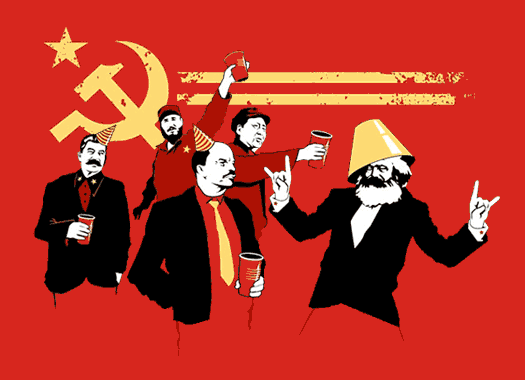
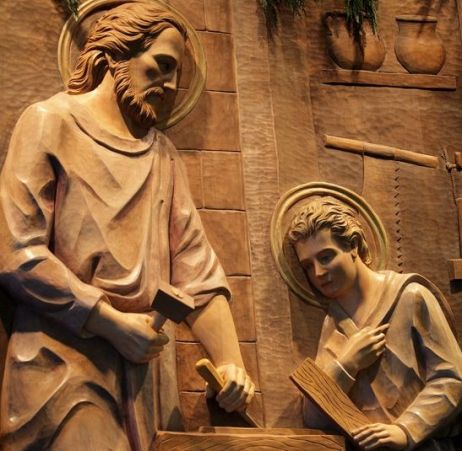 and Fr Walter J Ong SJ.
and Fr Walter J Ong SJ.
